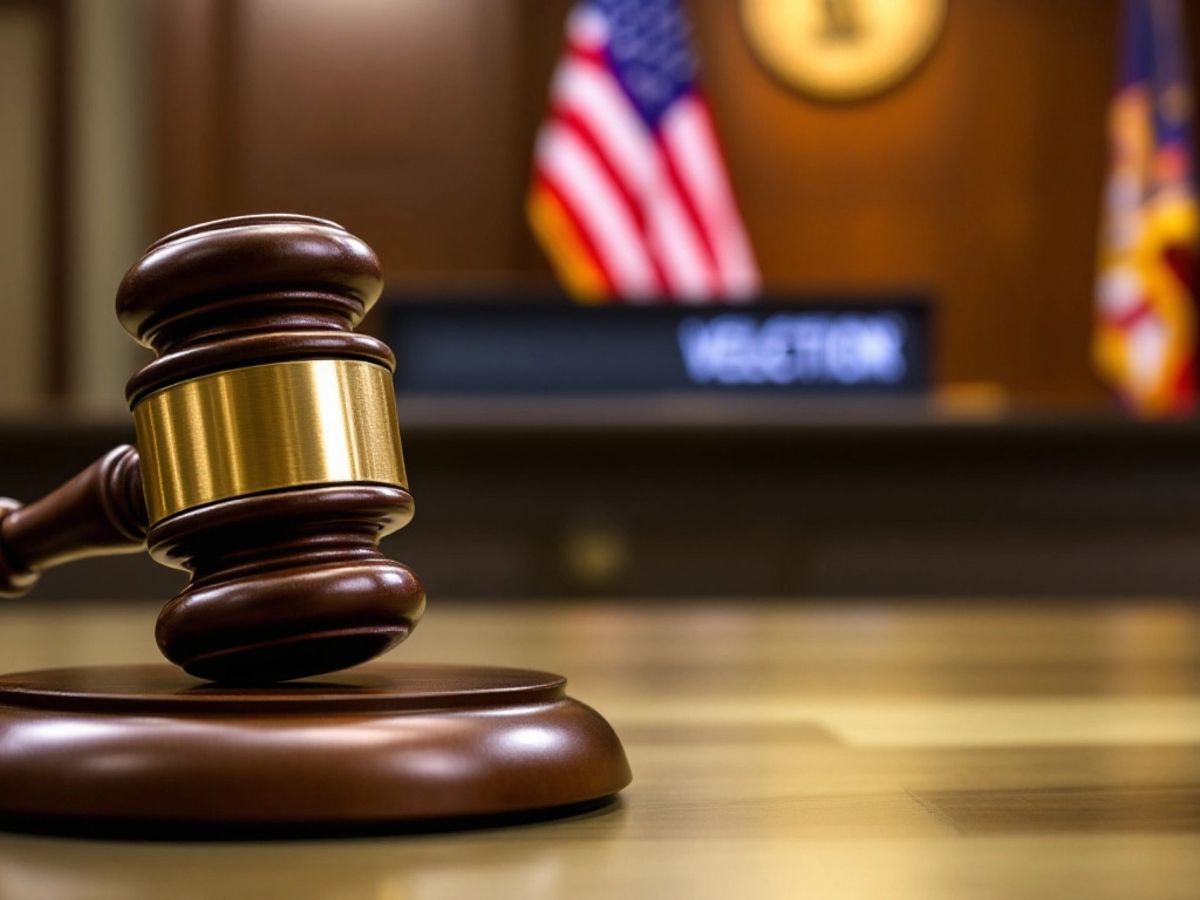Child Welfare
Judge Blocks Virginia’s Voter Roll Purge Ahead Of Election

A U.S. federal judge has intervened to block Virginia’s recent efforts to purge its voter rolls, ruling that the state violated federal law by attempting to remove voters less than 90 days before the upcoming presidential election. This decision comes as the state prepares for a contentious election on November 5, where Republican Donald Trump will face Democrat Kamala Harris.
Key Takeaways
- A federal judge ruled against Virginia’s voter roll purge, citing a violation of the 90-day quiet period before elections.
- Approximately 1,600 voters had their registrations canceled under the new executive order.
- Virginia Governor Glenn Youngkin plans to appeal the ruling, potentially taking the case to the U.S. Supreme Court.
Background Of The Case
On August 7, Virginia Governor Glenn Youngkin signed an executive order aimed at expediting the removal of voters who could not verify their citizenship. This order mandated that individuals who did not affirm their citizenship within 14 days would be removed from the voter rolls. The Justice Department quickly challenged this move, arguing that it disproportionately affected eligible voters, including those who may have simply overlooked a question on their driver’s license applications.
The judge’s ruling highlighted that the timing of the executive order was suspicious, as it was announced on the 90th day before the election, which is a critical period during which federal law prohibits mass voter purges.
The Court’s Ruling
U.S. District Judge Patricia Tolliver Giles issued a preliminary injunction against the state’s actions, stating:
- "It is not happenstance that this executive order was announced on the 90th day."
- The judge ordered the state to restore the eligibility of all voters removed since the executive order was enacted.
The ruling mandates that Virginia officials must:
- Reinstate all voters removed from the rolls since August 7.
- Notify these individuals of their restored voting rights.
- Submit a list of all removed voters to the court within five days.
Implications For Voters
The ruling is seen as a significant victory for voting rights advocates, who argue that the purge disproportionately affected naturalized citizens and those who may have been incorrectly categorized as noncitizens. Many of these individuals were unaware that their registrations had been canceled.
Brent Ferguson, a lawyer representing the Virginia Coalition for Immigrant Rights, stated, "What I find is a clear violation of the 90-day quiet provision."
Next Steps
Governor Youngkin has expressed his intention to appeal the ruling, stating that Virginia will seek an emergency stay from the Fourth Circuit Court of Appeals and potentially the U.S. Supreme Court. He has framed the executive order as a necessary measure to ensure election integrity, despite evidence suggesting that instances of noncitizen voting are exceedingly rare.
As the election date approaches, the situation remains fluid, with the potential for further legal battles that could impact voter participation in Virginia. The judge’s ruling underscores the ongoing tensions surrounding voting rights and election integrity in the United States, particularly as the nation gears up for a pivotal presidential election.
Sources
-

 Foreign Policy5 days ago
Foreign Policy5 days agoInside Schedule F: Will Trump’s Federal Workforce Shake-Up Undermine Democracy?
-

 Press Release5 days ago
Press Release5 days agoIn2space Launches Campaign to Make Space Travel Accessible for All
-

 Press Release15 hours ago
Press Release15 hours agoNura Labs Files Revolutionary Patent: AI-Powered Wallet Solves the $180 Billion Crypto Staking Complexity Crisis















